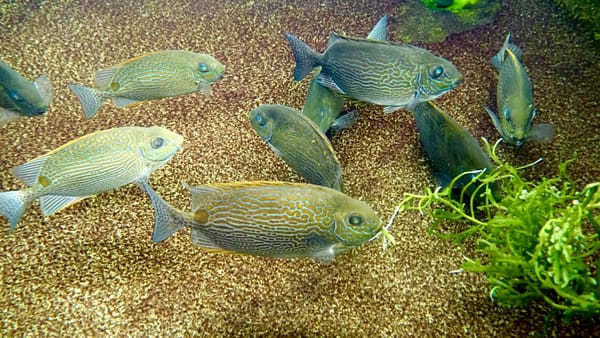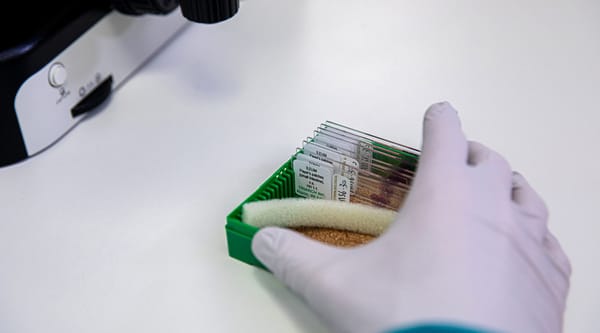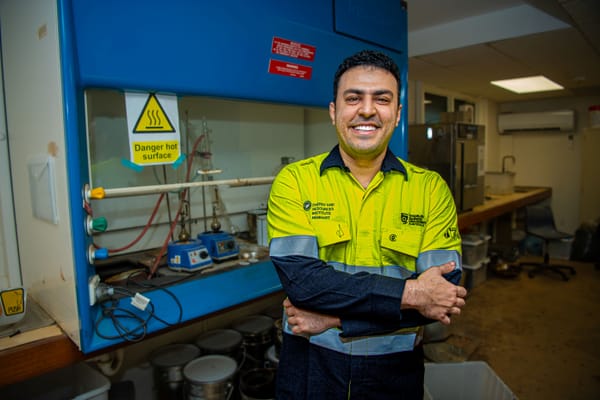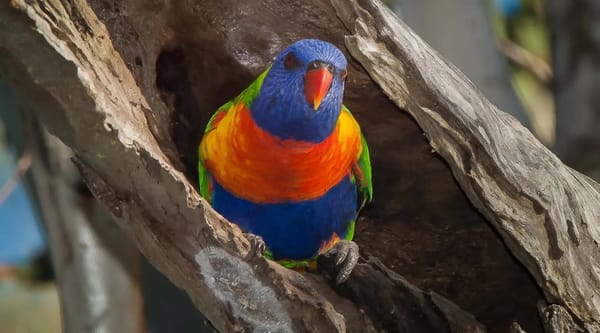ECU virtual reality used in Special Operations training
The project, dubbed ParaVerse, provides advanced parachute training amongst Australian Special Forces soldiers using a highly portable solution requiring only a laptop and immersive VR headset and hand-held controls.
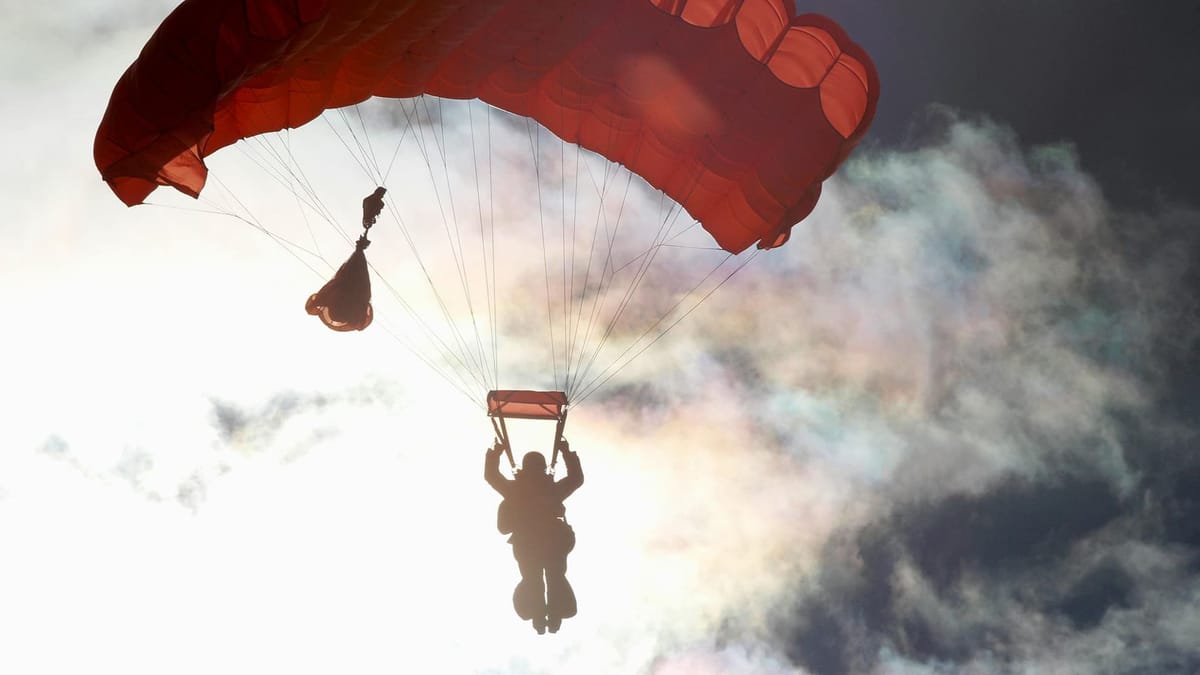
First published by Edith Cowan University
Edith Cowan University (ECU) has designed a parachute rehearsal and training virtual reality (VR) simulator for Special Operations Command (SOCOMD) Army.
The project, dubbed ParaVerse, provides advanced parachute training amongst Australian Special Forces soldiers using a highly portable solution requiring only a laptop and immersive VR headset and hand-held controls.
ParaVerse, which was developed by the Simulation & Immersive Digital Technology Group (SIDTG) operating out of ECU, was co-designed with SOCOMD personnel to be highly user-friendly allowing operators to undertake training in their own time without the need for a technical advisor or instructor involvement.
The system incorporates authentic flight control physics resembling real-world parachute canopy control.
"The system allows for the manipulation of wind directions and speeds that impact flight physics and allows for both day and night jump options,” ECU Senior Lecturer and SIDTG lead, Dr Brennen Mills explained.
"ParaVerse is the first app of its kind. It allows a real-time and post-flight path review for observers, from a first, third or birds'-eye point of view, and allows users to replay missions alongside a virtual avatar of a previous jump, enabling trial and comparison of differing trajectories and approaches."
"The main limitation of other existing training modalities has been the inability to facilitate practicing a jump under realistic practice conditions without first travelling to that location. Operators that jump into a field via parachute must do so at a novel location, with no actual rehearsal of jump parameters in consideration of specific locations," Dr Mills added.
"This lack of familiarity with the jump location, combined with the intrinsic challenges of parachuting, expose operators to risk of mistakes that can leave them separated from their group and potentially landing kilometres away from their target. A distance that, in some territories, could take over a day to safely traverse and regroup."
"ParaVerse is a disruptive solution, reducing barriers for SOCOMD and other Australian Defence Force personnel to access crucial and effective advanced parachute training and rehearsal.
"Learners now have the capability to undertake virtual parachute descents and can undertake repeated practice under different mission conditions."
Learning takes flight
ParaVerse has been embedded into education and training practices at Campbell Barracks in Western Australia and the Australian Defence Force Parachuting School at HMAS Albatross in New South Wales.
"The success of this project came down to the amazing partners we worked with within the Department of Defence. This was a project leveraging a co-design model, so ongoing feedback led to iterative design elements that just wouldn’t have been possible without that access and engagement to SOCOMD personnel," Dr Mills said.
"It became apparent really early on the solution needed to be highly portable, user-friendly, and replicate well the 'look and feel' of real-world parachuting in dynamic environments."
The system has been announced as the winner of the 2024 INCITE Awards in the Innovating Government category and has been announced as a finalist in the 2024 Indian Ocean Defence & Security Innovation Awards.

